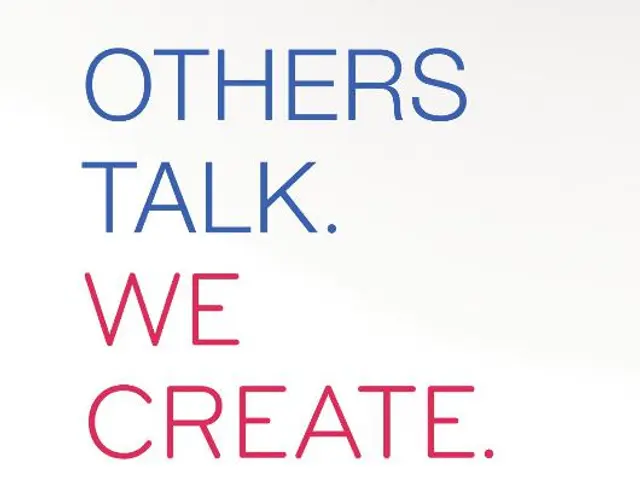Iota developers slated to showcase DAG and ledger advancements at IEEE ICBC 2025 in Pisa
In the rapidly evolving landscape of blockchain and Web3 infrastructure, IOTA stands out as a pioneering force in the development of decentralized systems. At the upcoming IEEE International Conference on Blockchain and Cryptocurrency (ICBC 2025), IOTA researchers Luigi Vigneri and Sebastian Mueller are poised to showcase their latest breakthroughs.
The conference, hosted by the IEEE Communications Society at the University of Pisa from June 2nd to June 6th, will gather industry heavyweights, academics, and engineers, including the IOTA duo. Their presentations promise to delve into cutting-edge advancements in distributed ledger technology, focusing on Directed Acyclic Graphs (DAGs), incentive mechanisms, and modular ledger design.
These topics are far from mere buzzwords. They represent the key building blocks shaping the next wave of scalable, sustainable, and interoperable digital infrastructures. IOTA's work on DAGs and modular ledger architecture offers an intriguing alternative to traditional blockchain systems, promising higher throughput, lower energy consumption, and enhanced scalability, particularly for IoT and real-time data exchange applications.
Central to the presentations will be the exploration of incentive structures in a DAG environment, a critical area for ensuring network fairness, discouraging spam, and promoting honest participation without relying on heavy transaction fees. The conferences' attendees can anticipate new models that balance the needs of the network and the participants effectively.
Modular ledger design, a novel approach that enables customization of various ledger system components depending on the use case, is another topic of interest. By providing flexibility, modularity could facilitate large-scale enterprise adoption, allowing for additions like privacy layers, modified consensus logic, and optimized data throughput.
As the digital economy expands and the demand for robust, scalable, and energy-efficient infrastructure intensifies, distributed ledger technology has positioned itself as an indispensable component of future industries. IOTA's research challenges the limitations of traditional blockchain systems, offering a new paradigm that addresses challenges like scalability, high fees, and excessive energy consumption.
The IEEE ICBC is not just any academic conference; it serves as a crucible for the next generation of digital infrastructure. The event features technical workshops, live demos, keynote speeches, and poster sessions, offering a comprehensive perspective on the future direction of blockchain and distributed ledger technology. IOTA's presence at the conference underscores its dedication to transparency, collaboration, and scientific rigor.
In conclusion, the upcoming IOTA presentations at IEEE ICBC 2025 herald a significant step in the organization's bid to carve out a prominent role in the evolution of distributed ledger technology. Through their work on DAG-based networks, incentive mechanisms, and modular ledger design, IOTA aims to redefine the landscape of decentralized systems and position itself as a serious contender in the race for the next era of distributed ledger technology. Keep an eye on the proceedings in Pisa this June as the future of digital infrastructures may well be influenced by the discussions taking place at ICBC 2025.
- IOTA, with researchers Luigi Vigneri and Sebastian Mueller, will present their recent advancements in Directed Acyclic Graphs (DAGs), incentive mechanisms, and modular ledger design at the IEEE International Conference on Blockchain and Cryptocurrency (ICBC 2025).
- At ICBC 2025, the discussions will revolve around topics like scalability, sustainability, and interoperability in digital infrastructure, issues that are crucial for the expansion of the digital economy and the subsequent demand for robust and energy-efficient platforms.
- The exploration of incentive structures in a DAG environment will be a significant part of the conference, as it entails ensuring network fairness, preventing spam, and encouraging honest participation without the burden of heavy transaction fees.
- The novel approach of modular ledger design, allowing for customization of various ledger system components depending on the use case, could propel large-scale enterprise adoption by accommodating additions like privacy layers, modified consensus logic, and optimized data throughput.
- The IOTA team's work on DAGs and modular ledger architecture offers an intriguing alternative to traditional blockchain systems, promising higher throughput, lower energy consumption, and enhanced scalability, particularly for IoT and real-time data exchange applications, thus challenging the limitations and redefining the landscape of decentralized systems within the broader scope of the crypto, finance, data-and-cloud-computing, and technology industry.







